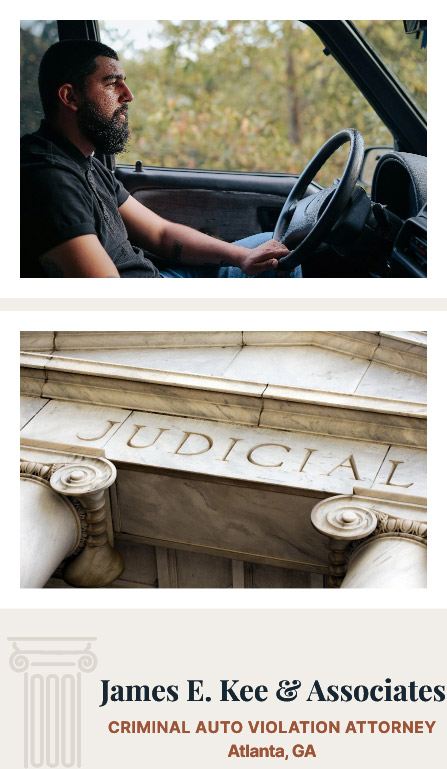Probation violations generally fall into two categories, and our defense strategy adapts to each:
• Substantive Violations: This is the most serious type, involving the commission of a new misdemeanor or felony crime while on probation.
• Technical Violations: These involve breaking the rules of your supervision, such as failing to report to your probation officer, missing a required meeting, failing a drug test, or traveling outside the county without permission.
Defense Focus: For substantive violations, we launch a vigorous defense against the new criminal charge itself. For technical violations, we argue that the violation was minor, a result of circumstances beyond the client's control (e.g., job loss, medical emergency), or that the court should modify the sentence instead of revoking it entirely, advocating for counseling or community service.
Probation revocation hearings operate under a significantly lower legal standard than a criminal trial. The prosecution only needs to prove the violation occurred by a preponderance of the evidence—meaning it was "more likely than not"—rather than "beyond a reasonable doubt." This makes effective legal advocacy even more critical.
We challenge the probation officer's report, cross-examine witnesses, present mitigating evidence, and advocate forcefully for alternatives that keep you out of confinement, such as increased supervision, mandatory treatment, or sentence modification.




